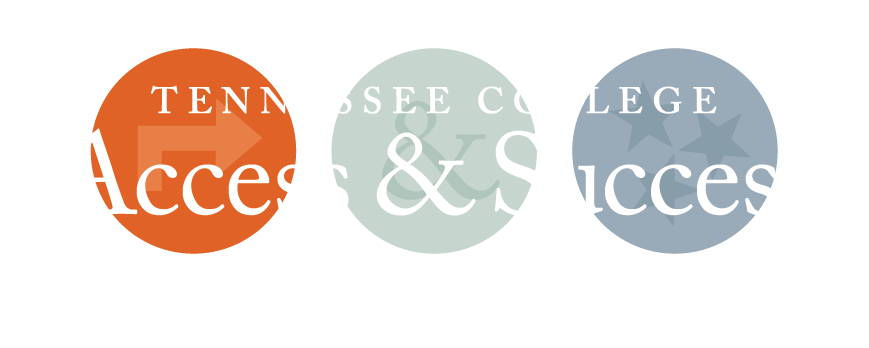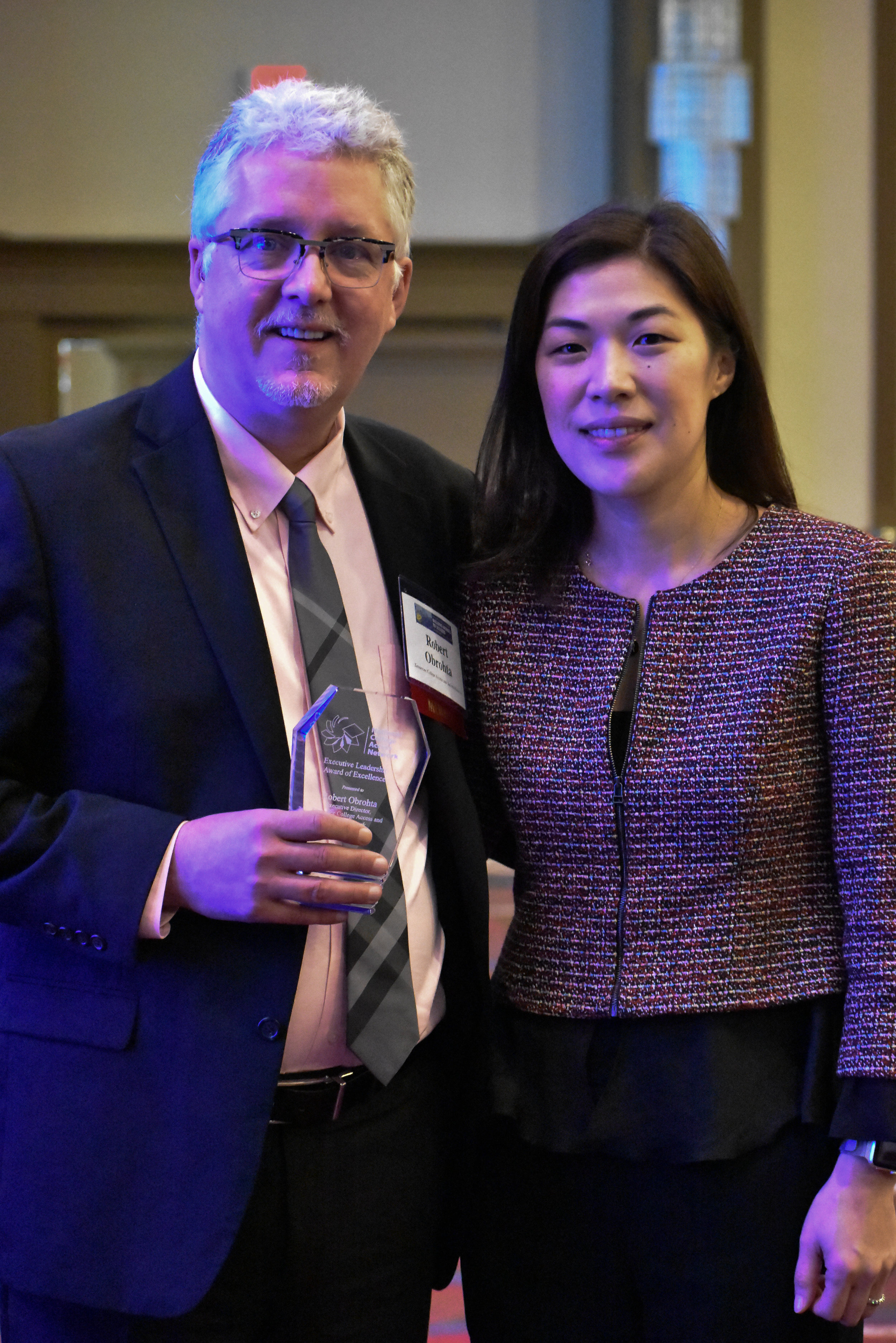By Bob Obrohta, Executive Director, Tennessee College Access and Success Network
The numbers are in, and what we expected has come to pass: college enrollment is down across the country. According to the National Student Clearinghouse, in their November 2020 report, total enrollments are down -4.4% at all undergraduate institutions and -9.5% at community colleges. Undergraduate enrollment for first-time freshman students is down -13% at all undergraduate institutions, and -18.9% at community colleges.
The Tennessee Board of Regents released preliminary community college data for our state, which gives insight into how COVID-19 is most likely playing out across the country. The virus isn’t affecting everyone equally and it is no different in postsecondary education. All indications are that young people, particularly those from low-income families and African American students, are feeling the full brunt of COVID-19.
Students from the 2020 high school graduating class, first-time full-time students (FTFT), were hit hard. All student demographic groups show double-digit declines. However, the majority of the loss is coming from students with lower ACT scores, and if ACT is any indicator of income (and it is), then the majority of students lost were low-income. In Tennessee, White students declined 17%, Hispanic students declined 18%, and Black student enrollment declined a staggering 31% (Black males declined 35%, Black females declined 27%).
It took all of us in the college access and success community a second to find our footing. When COVID-19 hit and the world shut down, we all had that initial moment of panic for our students. Stories of students whose only means of computer access was a college’s computer lab started coming in. One student went to the local pawn shop to purchase a computer in the hopes that the device would live long enough for her finish out the semester. A number of students were using cell phones as their primary device. We had to enlighten leaders that using a cell phone was a last, not first, resort. Wi-Fi, high-speed capability, hotspots, boost technology, dead zones – this became our new student support world.
Our organization, the Tennessee College Access and Success Network (TCASN), began holding weekly virtual meetings with urban and rural practitioners from across the state. With the few resources everyone had available, we began piecemeal approaches to help as many students as possible. Sharing ideas led to the creation of programs to provide technology access for students, communicating important updates, and sometimes helping just that one student get what they need to complete their college application.
Having found our footing, access programs are now figuring out the best approach to connect with students in schools that are stressed and virtual. One of TCASN’s current projects is expanding WiFi boost technology to 10 Nashville branch library parking lots in neighborhoods with heavy concentrations of high school and college students with limited access.
One advantage every organization had in 2020 that they will struggle with in 2021 is contact information for students. This impacts every organization from college access, to college admissions, to state-run programs, to scholarship providers. In 2020, we had student contact information when the virus hit – email addresses, cell phone numbers, completed FAFSAs, college applications, etc. More importantly, we had multiple means by which to collect data such as high school visits, college fairs, and state scholarship applications.
This data was used for multiple purposes, not the least of which was to give professionals the opportunity to build relationships with students. Additionally, the data was used between organizations and helped facilitate important milestones such as putting a student on a college admissions officer’s radar or having a college mentor hunt down a student to turn in a FAFSA verification form.
We had all of this data in 2020, and look how well that went. The college-going numbers speak for themselves. For many students in the class of 2021, we don’t have contact information. College enrollment management tells us the smaller the pool of students everyone begins with, the smaller the number of students who will eventually enroll in college. Admissions officers are starting to realize enrollment numbers for the class of 2021 might be worse than 2020.
College access organizations, practitioners, college admissions officers, student support programs, state departments of education, and higher education need to be in constant communication, working closer than ever before, sharing data, solving problems, and innovating. Here are recommendations for everyone to consider:
Everything is on the table: From extending critical deadlines to waiving requirements, everything should be considered open for revision. States, higher education institutions, schools, and college access organizations that figure out ways to eliminate bureaucratic barriers will be the most successful. We need to acknowledge the plight of students and modify our practices accordingly.
On the federal level:
Any new stimulus needs to include a major investment in postsecondary education and workforce training. Higher education has been and will continue to be the fuel of the country’s economic engine. Current unemployment rates for those with a college degree have returned to pre-pandemic levels.
Simplifying the FAFSA and doubling the Pell Grant should be a priority for our leaders. College affordability was a priority before COVID-19 and is even more so now. Additionally, federally funded college access programming such as TRIO and Americorps should be expanded.
On the state level: Avoid cutting funding to higher education and scholarship programs. As we’ve seen in previous economic downturns, higher education funding tends to be where state leaders first cut. While these are not easy decisions, states that can maintain funding will rebound quicker than those that don’t.
Philanthropy needs to step up and invest in direct service programs: Most nonprofit programs particular to serving students from low-income backgrounds and students of color live an existence of fragile funding. Many are in jeopardy of losing their lifelines as cities and rural communities are forced to make tough budget decisions. We have already witnessed New York City’s nationally recognized CUNY ASAP program threatened with funding cuts. Here in Nashville, the city is currently struggling with cutting the NashvilleGRAD program and other access programs designed to support college-bound students with limited financial resources. As national numbers continue to roll in from across the higher education community, unfortunately, we are going to see losses overwhelmingly coming from an entire generation of young, first-generation, low-income students – disproportionately represented by students of color. Supporting the organizations that serve them should be a priority.
We’ve always been in the business of eliminating barriers to postsecondary education for students, but it has never been as critical as it is at this moment. This heavy lift will happen one student at time.


